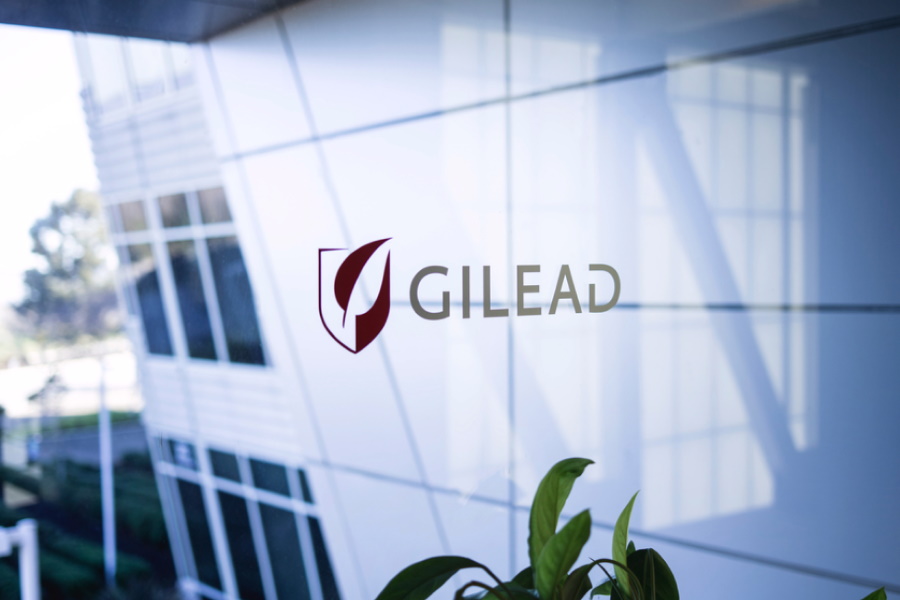Gilead snaps up MiroBio and its checkpoint agonists for $405m

Less than three years after being spun out of Oxford University, privately-held biotech MiroBio is heading for a takeover by Gilead Sciences in a $405 million deal.
MiroBio was formed in 2019 to develop checkpoint agonist antibodies for autoimmune and inflammatory disorders that can be used to apply the "natural brakes" of the immune system.
Its most advanced project is MB272, an agonist of B- and T-lymphocyte attenuator (BTLA) which recently started phase 1 testing, and it has a PD-1 agonist called MB151 in late preclinical development.
Other companies are working in this areas, notably Eli Lilly which has a BTLA4 agonist called LY3361237 in phase 2 for systemic lupus erythematosus, and AnaptysBio which recently took ANB032 into phase 1 testing.
MiroBio was set up to develop research by scientific co-founders Simon Davis, professor of molecular immunology at the MRC Weatherall Institute of Molecular Medicine, and Richard Cornall, Nuffield professor of clinical medicine at Oxford University.
It reckons that its antibodies will be able to target the underlying cause of autoimmune diseases, unlike current therapies such as steroids or TNF and interleukin inhibitors that while effective are non-selective, so suppress both appropriate and inappropriate immune responses.
That hasn't stopped the drugs from racking up billions of dollars in annual sales of course, and Gilead will be hoping that MiroBio's approach of targeting immune inhibitory receptors will have similar potential.
In a statement, the US drugmaker said MiroBio's I-ReSToRE platform – REceptor Selection and Targeting to Reinstate immune Equilibrium – will dovetail with its own R&D efforts in autoimmune and inflammatory diseases, currently focused on pro-inflammatory targets TPL2, IRAK4 and α4β7 integrin, with three candidates in early-stage clinical development.
"MiroBio has a deep understanding of checkpoint receptor signalling and a proprietary approach to select and generate superior agonist antibodies," said Eliot Charles, the UK biotech's chairman.
"Combining this with Gilead's drug development and therapeutic area expertise will allow us to fully explore the potential of checkpoint agonist antibodies for patients with autoimmune disease."
The push into immunology is part of Gilead chief executive Daniel O'Day's strategy of diversifying away from its traditional focus on infectious disease, along with other therapeutic categories like oncology.
An earlier wide-ranging alliance with Galapagos also covered immunology targets, but has run into a string of setbacks involving the lead candidates in the alliance, JAK inhibitor filgotinib and autotaxin inhibitor ziritaxestat.












